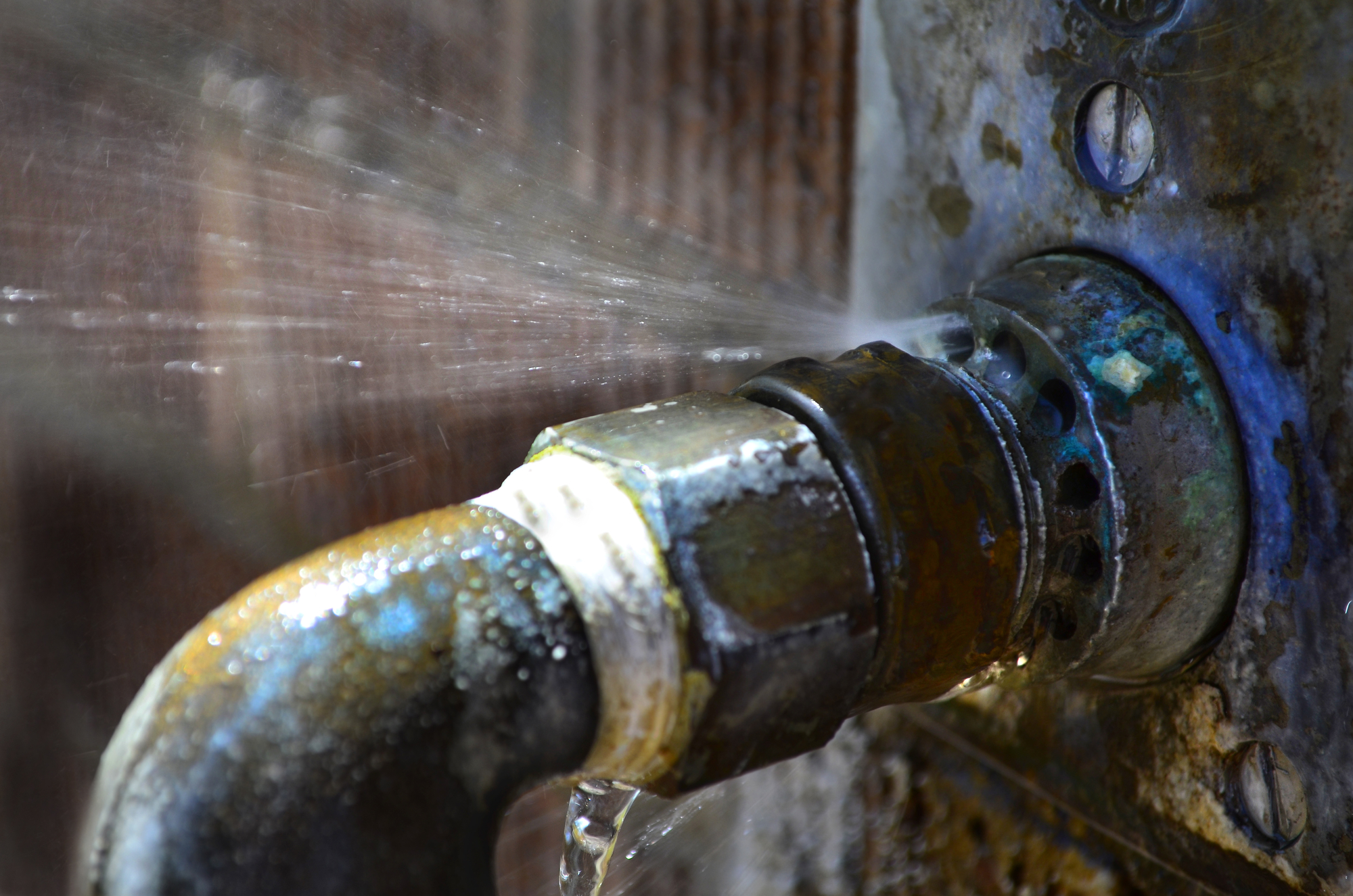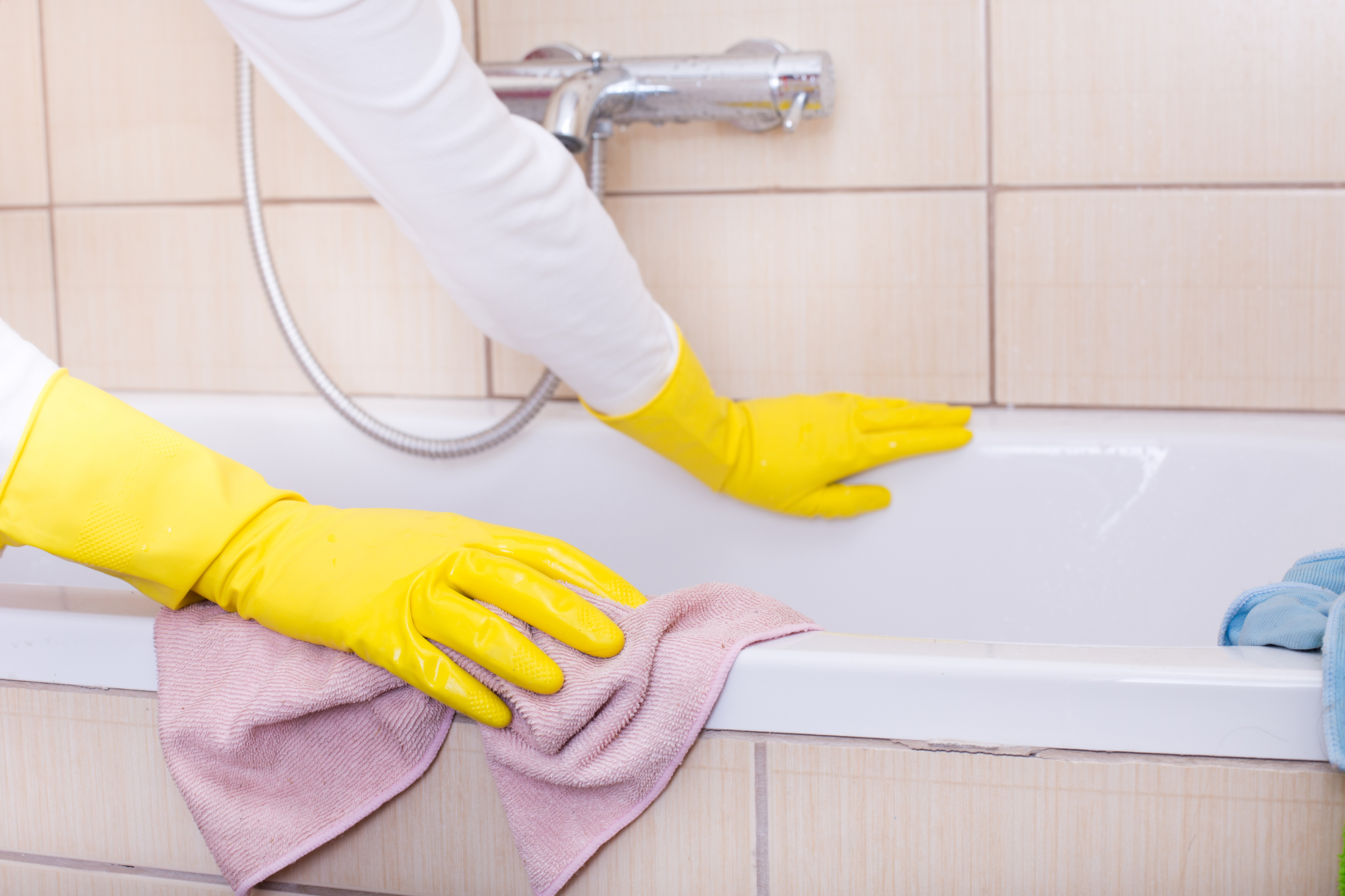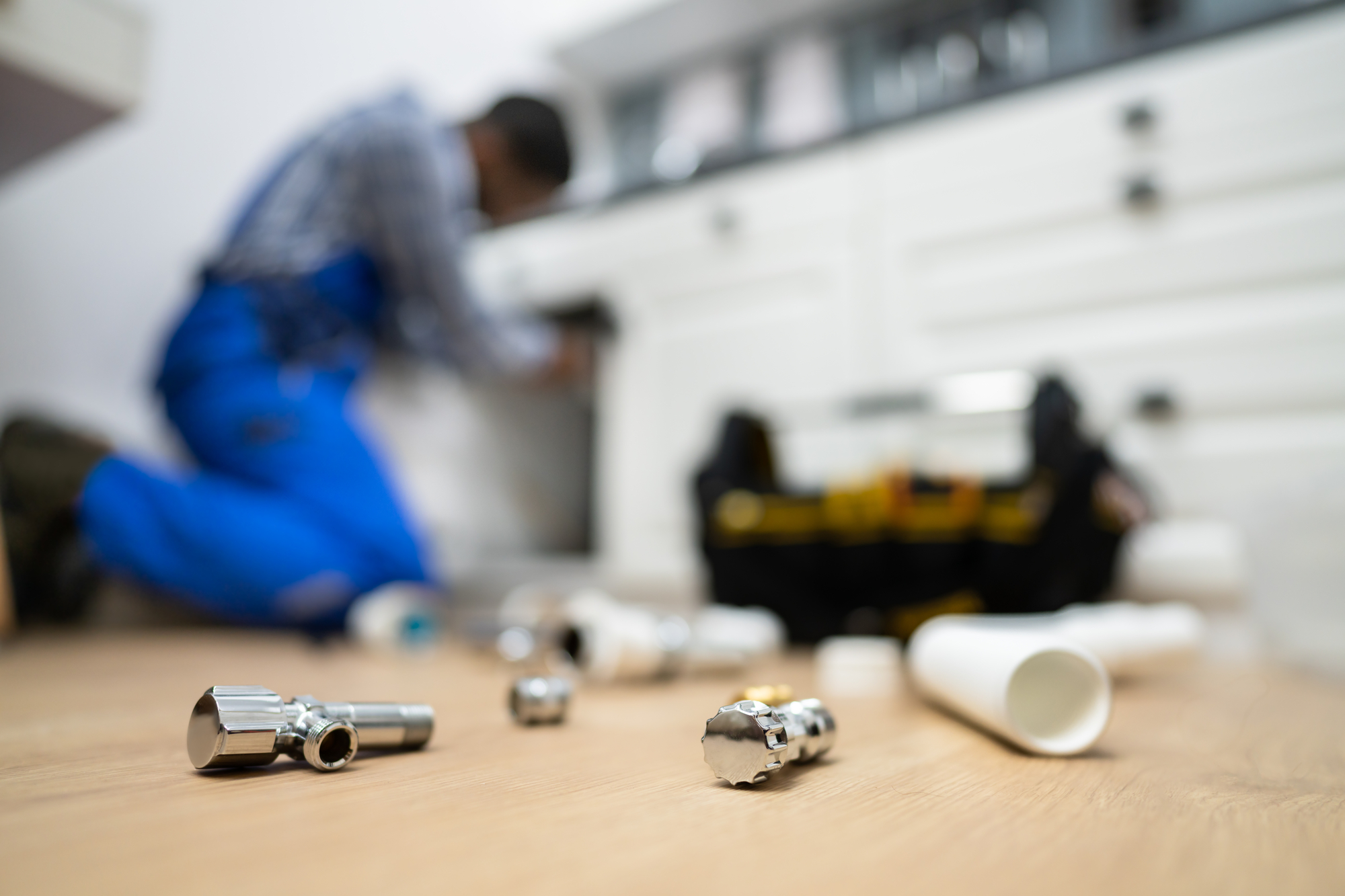When it comes to the essential services for a comfortable home, plumbing ranks high. You use it daily for cooking, cleaning, bathing, and waste disposal. Understandably, a plumbing failure can cause immense dismay. This article aims to emphasize the importance of regular plumbing maintenance and offer a deep dive into some industry-best practices that ensure a healthy plumbing system.
The Plumbing Industry: An Overview
First off, it’s crucial to recognize the industry’s evolution that shapes current plumbing practices. From the introduction of plastic pipes in the mid-20th century to the rise in popularity of water-efficient appliances, the plumbing industry continually adapts to new technology and environmental concerns. Plumbing systems have become more complex, yet efficient, with recent innovations like tankless water heaters, and water-efficient toilets. It is this constant evolution that necessitates routine maintenance.
Importance of Routine Plumbing Maintenance
Avoiding regular plumbing service is akin to ignoring your vehicle’s oil change. Yes, your car may run, but the resulting damage may lead to costly repairs down the line. It’s the same with your home’s plumbing. Routine checks prevent minor problems from escalating into major issues, saving you from high repair costs. One crucial benefit of regular maintenance is that it helps homeowners maintain their plumbing system’s efficiency, thereby saving energy and reducing water bills.

Detecting Plumbing Problems Early
There’s a saying among plumbers, “Busy as we are, we want to avoid emergencies too”. Regular check-ups allow professionals to detect issues, such as pipe corrosion, slow drains, or low water pressure, at their early stages. Addressing these concerns promptly can prevent damage to your property and expensive water bills due to leaks.
Maintaining Quality of Water
Plumbing maintenance plays a significant role in ensuring the quality of water in your home. Scale, rust, and other pollutants can accumulate in pipes over time, affecting water quality. Regular cleaning and maintenance is the best way to ensure that the water you consume is free from harmful contaminants.
Top Plumbing Maintenance Practices
1. Draining Your Water Heater: Over time, sediments can build up in your water heater affecting its efficiency. Drain and flush your water heater annually to prevent build-up.

2. Exercising Your Shut-Off Valves: These valves can become stiff if left idle for too long. Exercising these valves a few times a year maintains their operability when you need them in case of a leak.
3. Clearing Drains: Regularly clean hair and debris from your shower and sink drains to prevent blockages.
4. Replace Outdated Fixtures: Replace outdated fixtures with water-efficient models. It reduces your water usage and utility bills, contributing to overall environmental conservation.
Innovations in the Plumbing Industry
As the industry evolves, so do the products and services offered by professionals. Nowadays, plumbers utilize technologies like video pipe inspection to diagnose problems accurately. There are also smart appliances, such as leak detection systems, which can notify homeowners about leaks in real time.
It’s clear to see, plumbing is much more than just pipes and water. It is a technological and environmental discipline, requiring constant attention and maintenance. If you’ve been neglecting your plumbing, it might be time to book a regular plumbing service. Remember, “a stitch in time saves nine.” Regular maintenance ensures your system runs efficiently, offering you peace of mind today and a cost-saving solution in the future.
In conclusion, regular plumbing maintenance is not just vital for a smooth running home, but essential to staying up-to-date with the latest innovations in the plumbing industry. With a professional plumber at your side, your plumbing system can remain in excellent condition for years to come.






